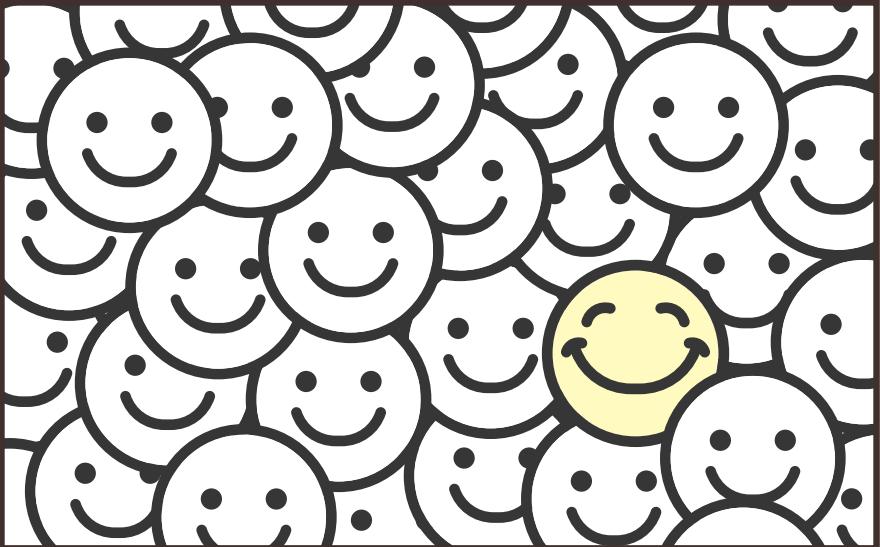Since 1992, April has been celebrated internationally as Stress Awareness Month. Not a day, not a week, but an entire month out of each and every year. Stress gets its own month because its effects are serious, pervasive, and surprisingly – often ignored.

So to give everyone a needed boost of wellbeing and mental health, we’ve put together a month’s worth of insights, facts, and tips about stress, including: the science of stress, why we experience it, and good coping strategies.
Here are some highlights…
Stress is a behavior that we can change
The most important thing to know about chronic stress is that you can change it. While it’s true that the ‘fight or flight’ response is an evolutionary survival mechanism that often begins even before our senses have registered an oncoming threat, much of what we perceive as threatening isn’t really dangerous. Over time, however, our stressful responses to it can be.
‘Fight or flight’ vs ‘tend and befriend’
Interestingly, the fight or flight theory, developed by physiologist W.B. Cannon at Harvard in the 1930s, was tested exclusively on male participants. Groundbreaking research from psychologist Shelley Taylor at UCLA shows that women are more likely to respond by ‘tending and befriending’. This critical adaptive strategy of protecting offspring, and turning to social sources for support in times of stress, is thought to be one of the factors in explaining why women have a longer life expectancy than men.
Just be, just breathe
Buddhist monks have known it for centuries and science has now caught up:
Breathing deeply through the nose, with a slow and balanced ratio of inhales and exhales, signals to our parasympathetic nervous system to calm the body down. Conscious breath is the most direct and immediate way in which you can manage your body’s stress response and improve your physical, mental, and emotional health in the short and long run.
TL;DR
The best thing you can do to manage stress is figure out your own personal triggers – and try to make friends with them.
Ready to learn more about what makes you tick like a time bomb?
Get our Stress Awareness Month guide below 👇





